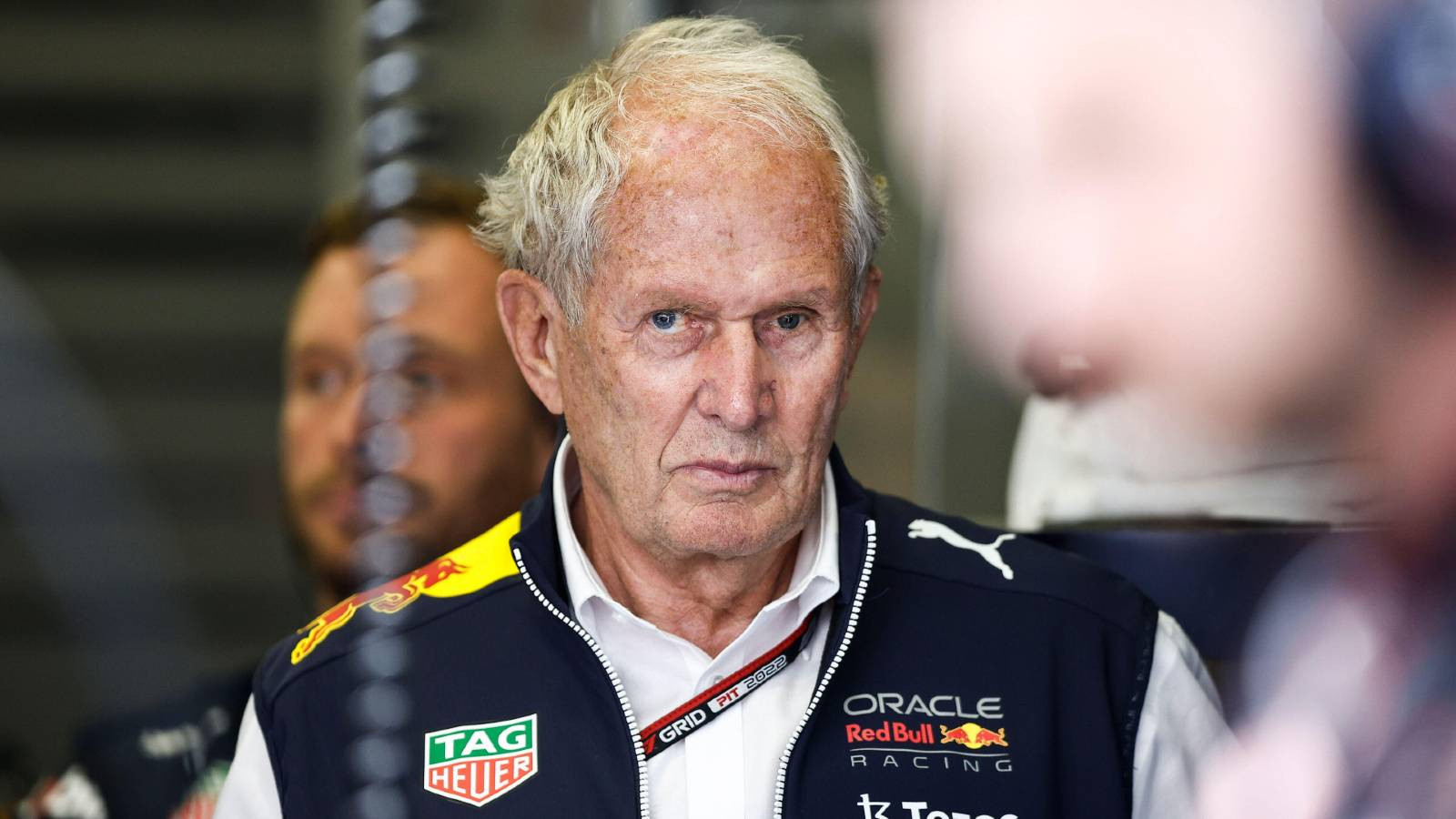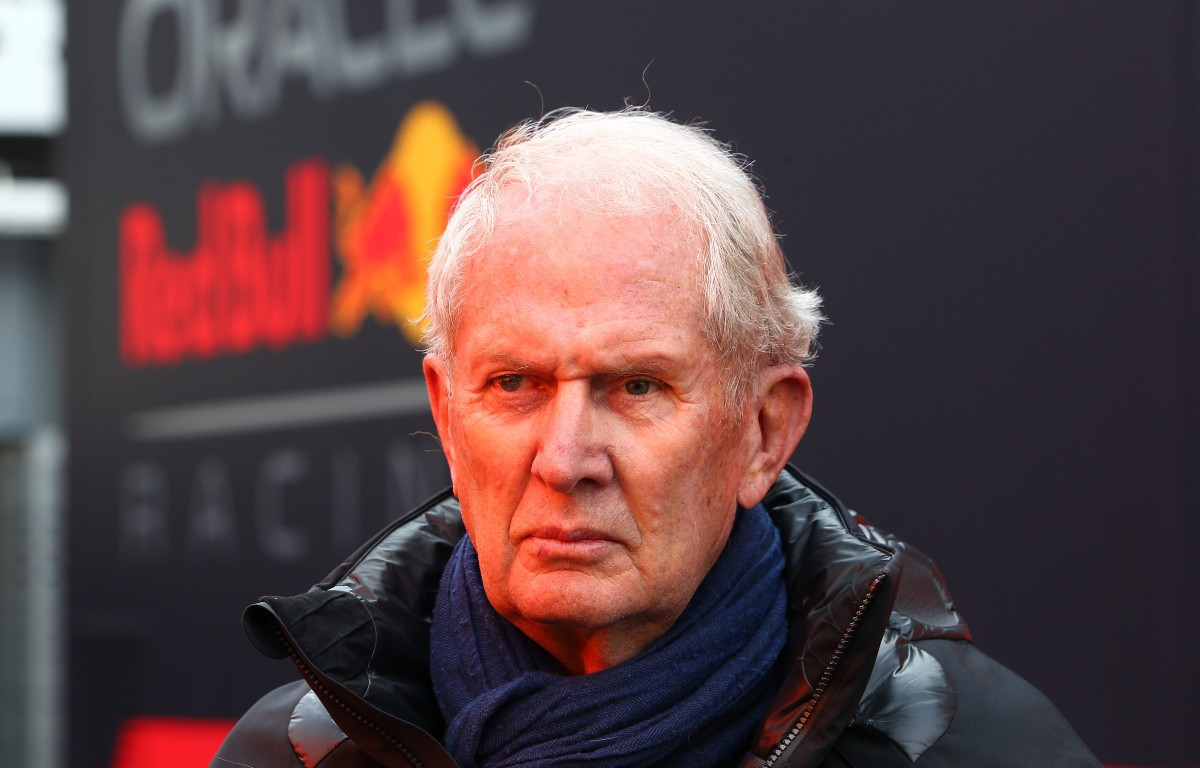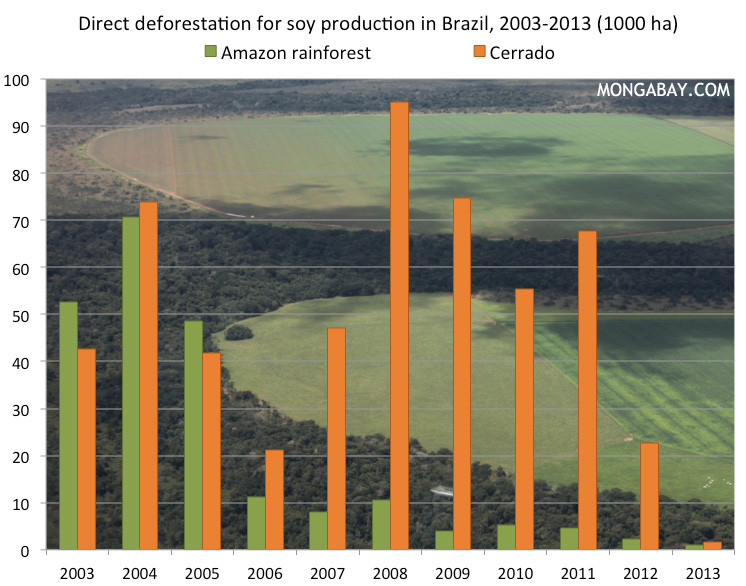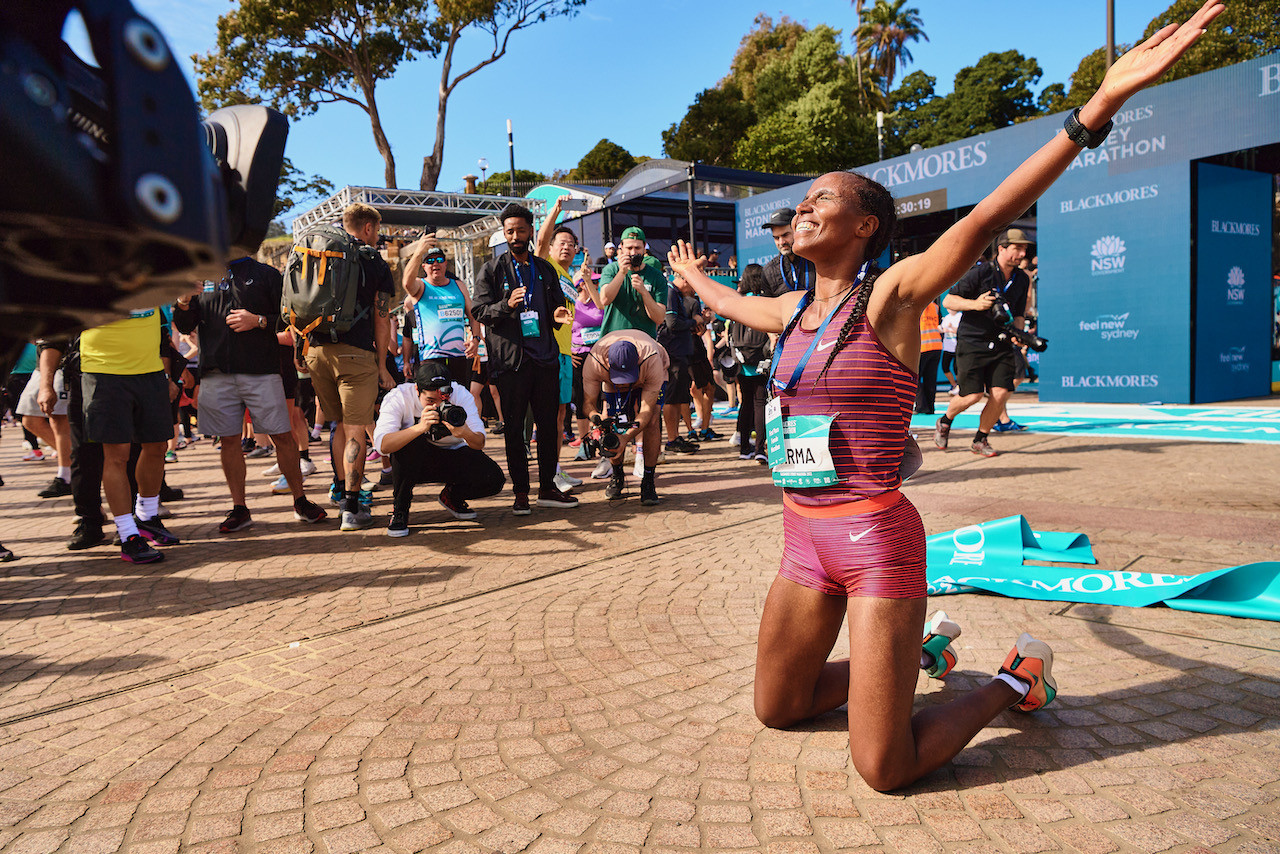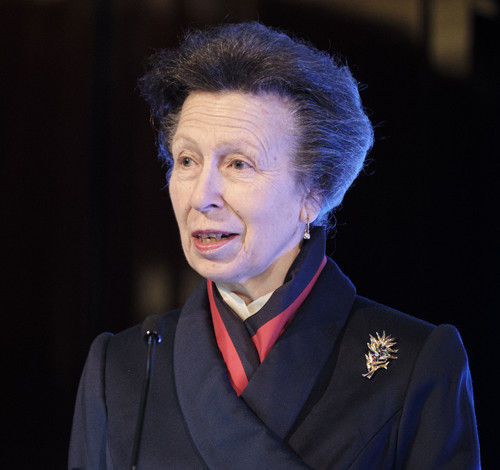Max Verstappen's meteoric rise has undoubtedly reshaped Formula One, but the man who helped launch his career, Helmut Marko, believes the Dutchman's impact extends beyond the grid. The godfather of Red Bull's driver program, Marko has been instrumental in nurturing young talent, guiding them from karting tracks to F1 glory. However, with the F1 landscape evolving at a rapid pace, Marko acknowledges the need for constant adaptation to maintain the program's competitive edge.
Marko, a seasoned observer of budding talent, has witnessed firsthand the Verstappen effect on young drivers aspiring to emulate the champion's trajectory. He notes a shift in mindset among young karters, with a newfound belief in mirroring Verstappen's path to success. "Now everyone believes 'My son is the new Verstappen, I just have to follow the concept and it will go there,'" Marko observed. "Before Verstappen, when it was raining at the go-kart track, everyone went to the cafeteria. When Max first became a champion [in karting], everyone noticed when it rained there was only one driver outside: it was Verstappen. Now it's the opposite. No one is in the cafeteria when it's raining."
Despite the influx of young drivers seeking to emulate Verstappen's trajectory, Marko emphasizes that Red Bull's strategy remains focused on identifying future world champions, not merely replicating a specific driver's success. "We are not looking for a new Verstappen," he clarifies. "We are looking for a new world champion." The company's scouting process involves evaluating thousands of young drivers each year, recognizing the highly competitive nature of the sport. Marko aptly summarizes the selection process: "We made a calculation every year, at least 1,000 young drivers are starting in karting. If you are lucky, on average one goes to Formula One. Only if you are lucky. So you see selection is hard and very tough. The chances to make it is relatively slim."
Red Bull's dedication to nurturing young talent is evident in the number of successful F1 drivers they've produced. Vettel, Verstappen, Ricciardo, Sainz, and Gasly all owe their careers to the program, highlighting the effectiveness of its development strategy. However, the program's success is built upon specific criteria, as Marko explains: "We want a driver who should be able to win a grand prix. Winning a grand prix is the goal, the aim, what we are looking for. [To win] a world championship, there has to be so many factors coming together."
The evolution of F1 has presented new challenges for talent identification, with data playing a more prominent role in driver evaluation. While embracing the advantages of data analysis, Marko remains a staunch advocate for traditional scouting methods. "The main difference is that nowadays you are acting more on data," he admits. "Before, you watched a driver outside on the track; some people could see the difference immediately, some couldn't." Marko's preference for observing drivers' immediate reactions and their ability to handle fast corners reflects his belief in the instinctive nature of talent.
The changing demographics of F1, with a growing trend of younger drivers, have also influenced Red Bull's approach. The company's latest additions to the academy, 15-year-old Fionn McLaughlin and 14-year-old Scott Lindblom, highlight this shift. The young drivers stood out during the Red Bull Driver Search, a three-day event at the Jerez circuit, where they competed in Formula 4 cars. Marko acknowledges the inherent uncertainty of long-term success, recognizing that talent can manifest at different stages of a driver's career. "As we are talking now, the age is becoming younger and younger," he observes. "We have people who are fantastic in go-kart, world champions in go-kart, who didn't succeed in normal Formula cars. Then you go up. Some are successful in Formula 4, winning championships, then they go up to Formula 3 and they are not competitive anymore."
Red Bull's commitment to nurturing talent has been evident in their approach to drivers like Dennis Hauger and Isack Hadjar. While Hauger's Formula 2 career has been less impressive after his Formula 3 title in 2021, Hadjar is currently leading the series. However, the company's commitment to finding a place for promising drivers like Hadjar and Liam Lawson, who is still awaiting a race seat after an impressive stint in 2023, highlights the challenges of managing a roster of talented drivers.
The arrival of Sergio Pérez in 2021 marked a turning point for Red Bull. Pérez's signing, which replaced Alex Albon, seemed to deviate from the company's traditional focus on promoting talent from within. However, even Pérez's career path can be traced back to Red Bull's scouting program, as Marko recalls: "'Checo' [Pérez] we know since a long time ago. He was in a driver search down in Estoril ... around 16 years ago. The fastest guy was Ricciardo, but in the long runs, 'Checo' was there as well. But he was a little bit off in qualifying. ... In 2021 we had several juniors which failed to be next to Max ... we knew him, he won races, so we went with him."
Despite the success of their program, Red Bull faces increasing competition from rival teams who have established their own driver development programs. Mercedes, Ferrari, and McLaren have all made significant strides in nurturing young talent, presenting Red Bull with a more challenging environment. Mercedes is poised to promote Andrea Kimi Antonelli, a rising star in their junior program, to a race seat, while Ferrari has already successfully transitioned Charles Leclerc into a race winner. The rise of these programs has made it more difficult for Red Bull to retain top talent, as illustrated by Oscar Piastri's move from Alpine to McLaren, where he quickly established himself as an F1 race winner.
Despite the growing competition, Marko remains confident in Red Bull's ability to stay ahead. "Nearly every team now has a junior programme. Some of them make ridiculous financial offers, for example, and we say, 'No, we won't go into such a commitment,'" he stated. Marko highlights Red Bull's proven track record in developing world champions, emphasizing the company's willingness to take risks with young drivers. "The big advantage of Red Bull is we have proved we bring young drivers into Formula One. We've made two world champions out of our programme. We are brave enough to put young drivers in."
Red Bull's commitment to their system, with its emphasis on long-term development and financial responsibility, sets them apart from rivals who may be willing to spend more. "We will stick to our system. Our financial terms, the contracts," Marko affirmed. The company's strategy, which has remained largely consistent since the program's inception, continues to emphasize the development of talent from within, rather than pursuing established stars. Marko's perspective on the changing landscape is clear: "Our system is working. We don't change because your lawyer he has to do something for his money. Our contract since we started with the junior programme is the same, it's just adjusted for social media stuff and all these legal things you have to put in the contract, but the basics are the same."
The Red Bull Driver Search program serves as a testament to the company's ongoing commitment to nurturing talent. This rigorous scouting process, led by Helmut Marko, aims to identify the next generation of F1 stars, ensuring a constant stream of talent for the Red Bull Racing team. The program has yielded remarkable results, with several Red Bull Junior Team alumni achieving F1 success. However, the landscape has become more competitive, with rival teams investing heavily in their own driver development programs. Despite these challenges, Red Bull's unwavering commitment to its system and its focus on developing talent from within positions the company to continue shaping the future of Formula One.
Red Bull's Legacy: A History of Nurturing Champions
The Red Bull Junior Team, founded in 2001, has been instrumental in nurturing young talent, providing aspiring drivers with the resources and support to reach their full potential. The team has a proven track record of success, having produced two world champions, Sebastian Vettel and Max Verstappen, along with other prominent F1 drivers, including Daniel Ricciardo, Pierre Gasly, and Carlos Sainz Jr. The team's commitment to developing drivers from within has played a pivotal role in its success, with a specific emphasis on identifying talent with the potential to win races.
Finding the Next Generation
The Red Bull Driver Search program, led by Helmut Marko, is the cornerstone of the team's talent scouting efforts. This multi-day event, held annually at the Jerez circuit, provides young drivers with the opportunity to showcase their skills in a competitive environment. Marko, a seasoned observer of talent, carefully evaluates the drivers, looking for those who possess the raw talent, mental fortitude, and potential to succeed at the highest level of motorsports. The program is a testament to the team's dedication to finding and nurturing the next generation of racing champions, ensuring a continued legacy of success in Formula One.
A Commitment to the Future
Despite the growing competition from rival teams, Red Bull remains committed to its unique approach to driver development. The team's focus on long-term investment, financial responsibility, and its proven track record in developing world champions distinguish it from others. While the landscape of F1 has evolved, Red Bull's commitment to its system and its unwavering belief in nurturing talent from within ensure that the team will continue to play a significant role in shaping the future of the sport.




